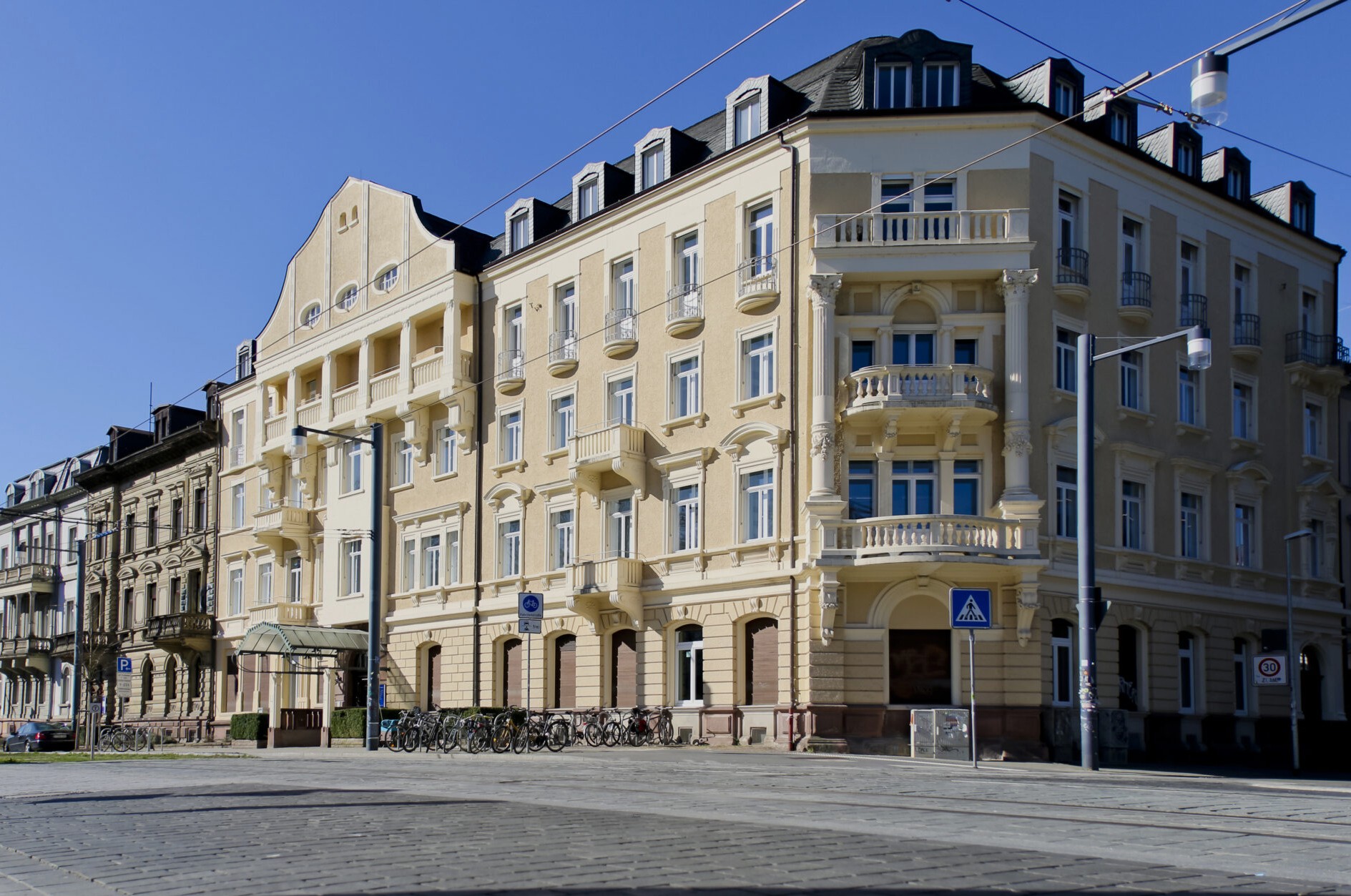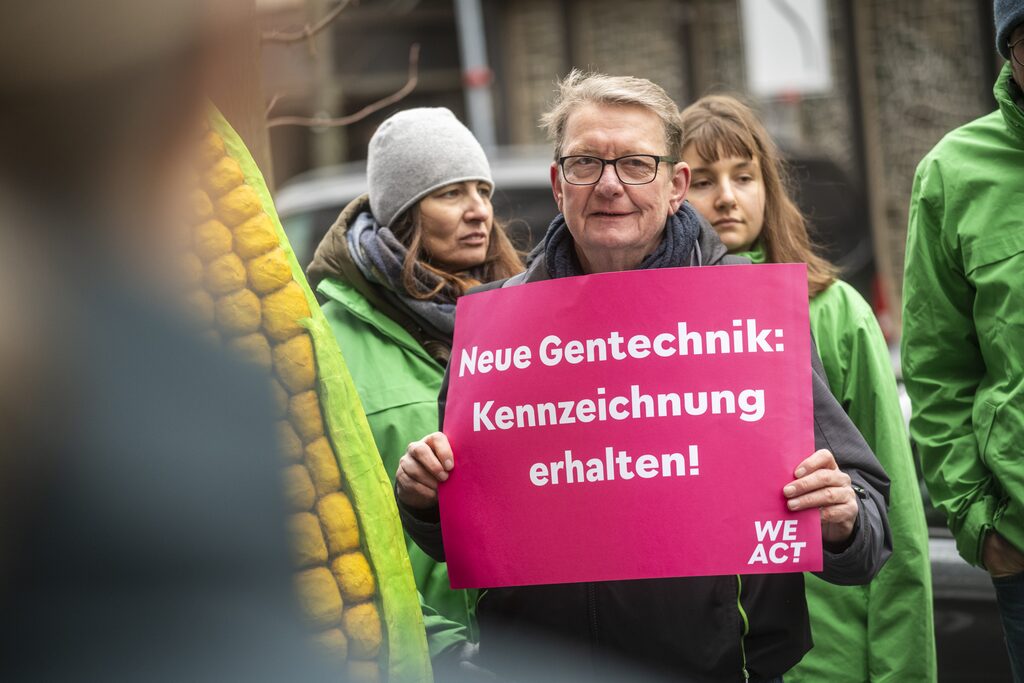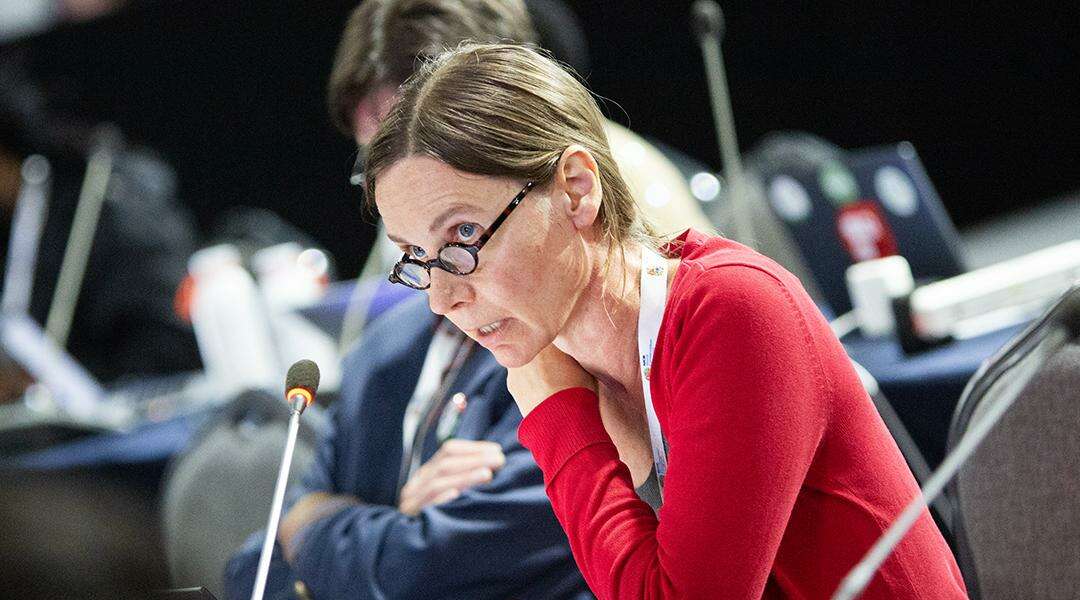Proposals to relax EU GMO laws could violate international law, according to a new legal opinion from the University of Freiburg (Germany). The planned EU legislation on “new genomic techniques” (NGT) may be incompatible with the Biosafety Protocol of the UN Convention on Biological Diversity. To achieve compliance, the draft law would need significant amendments.
The opinion by international law expert Dr. Silja Vöneky, commissioned by the German Ministry of Agriculture, urges the EU to align its new rules with its international obligations to maintain the biosafety standards of the Protocol. It recommends: “To ensure compliance, a future EU regulation should maintain notification and documentation requirements for NGT 1 plants under the conditions set out in the Cartagena Protocol; and it should require labeling of all NGT 1 plants and their products, which includes the obligation to ensure their traceability within the EU.”
The Cartagena Protocol on Biosafety is a legally binding international agreement that regulates the transboundary movement of Living Modified Organisms (LMOs). As a supplementary protocol to the UN Convention on Biological Diversity (CBD), it aims to protect biodiversity and human health. The EU and its member states are Parties to the Cartagena Protocol.
Earlier, several other legal experts had highlighted the EU proposal’s potential incompatibility with the Cartagena Protocol. Among them were the French law firm Artemisia and the German firm Gaßner, Groth, Siederer & Coll. Greenpeace also warned that the proposal could constitute a breach of the EU’s international obligations.
Last year, the Hungarian EU Presidency had suggested to clarify these open legal questions. However, only a few countries supported such a move, including Austria, Latvia, Romania and Slovenia. Other countries, such as Denmark, Sweden and the Netherlands, saw no conflict between the EU proposal and the Cartagena Protocol. The EU Commission had repeatedly confirmed the compatibility with the protocol, they claimed.
Save Our Seeds is calling on the European Commission, the Council of Ministers and the European Parliament to review the legal experts’ findings and incorporate them into their proposals. Otherwise, the European Court of Justice may have to annul the legislation. This would be a severe blow for the EU and its defence of democracy and the rule of law.
Image: © University of Freiburg, Institute for German, European and International Public Law






